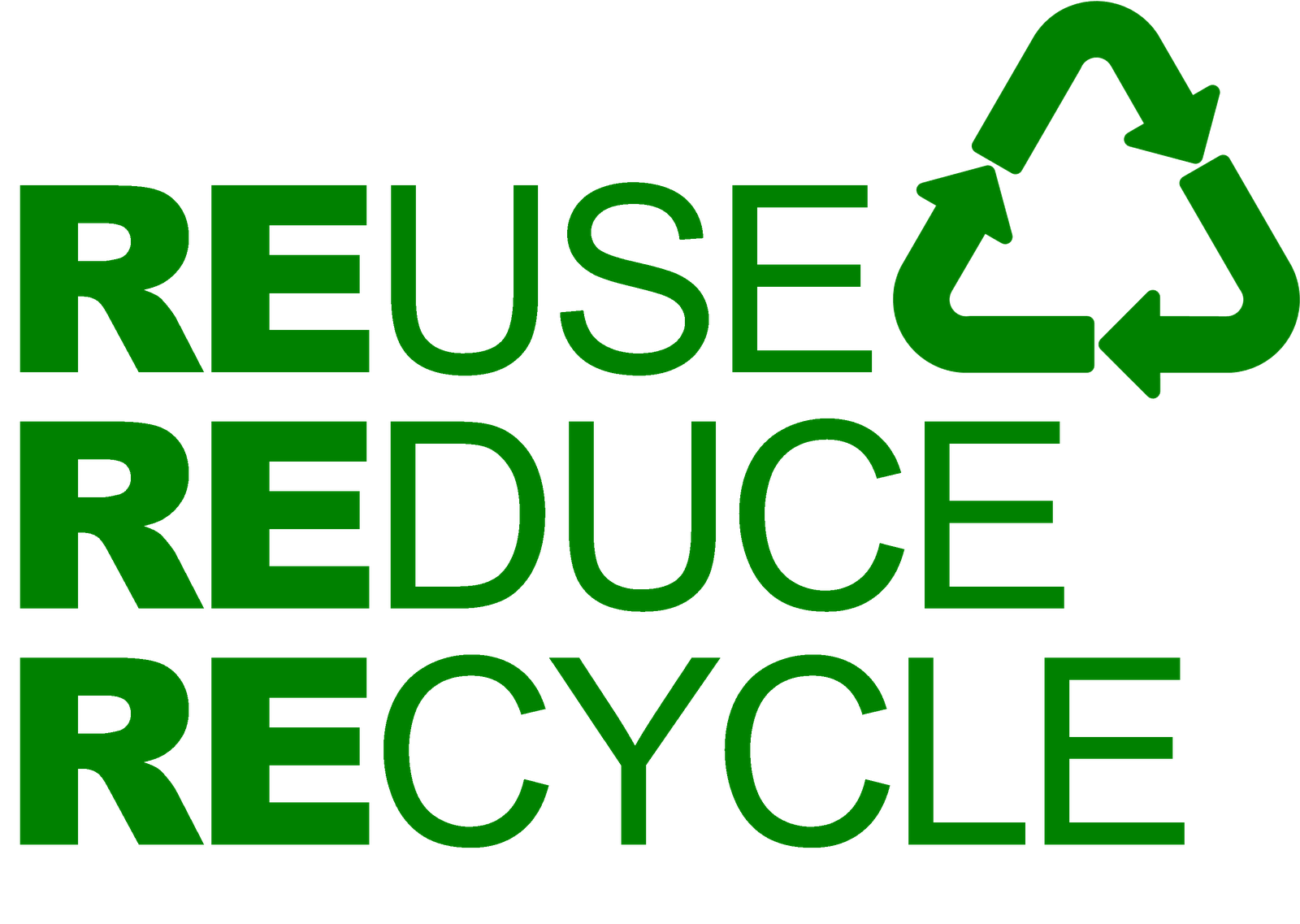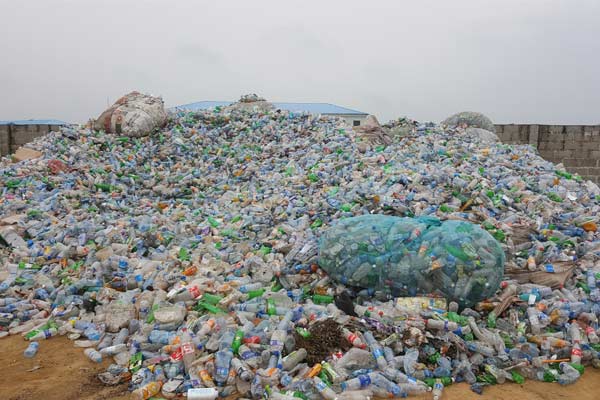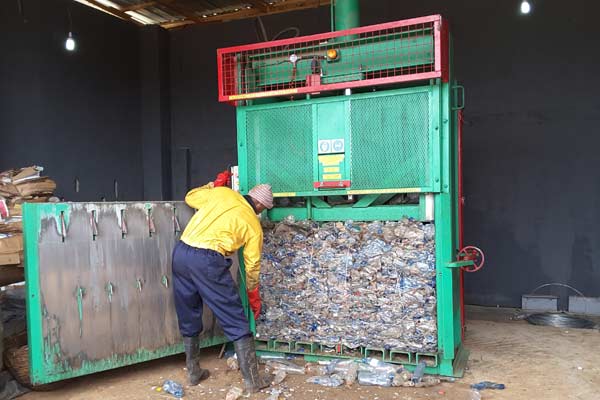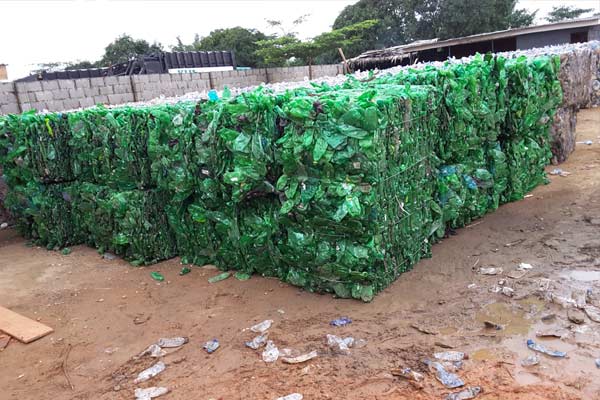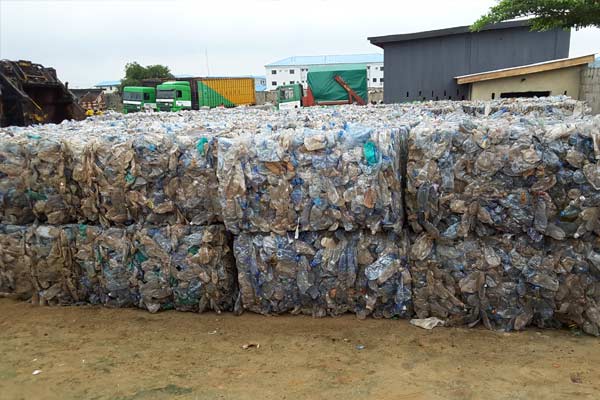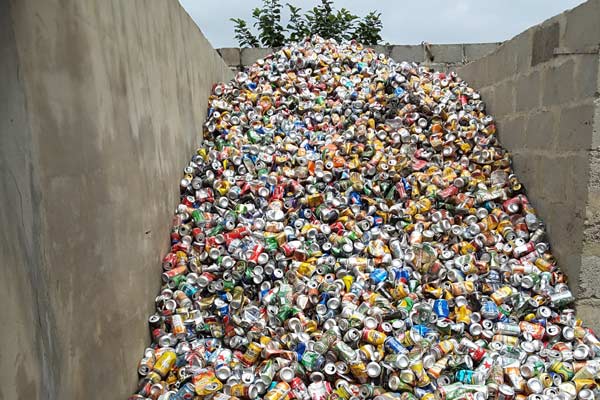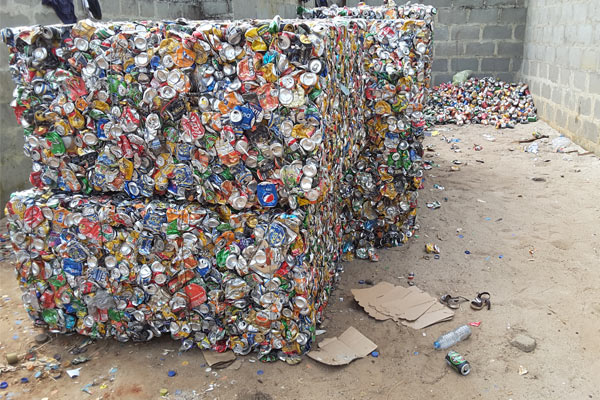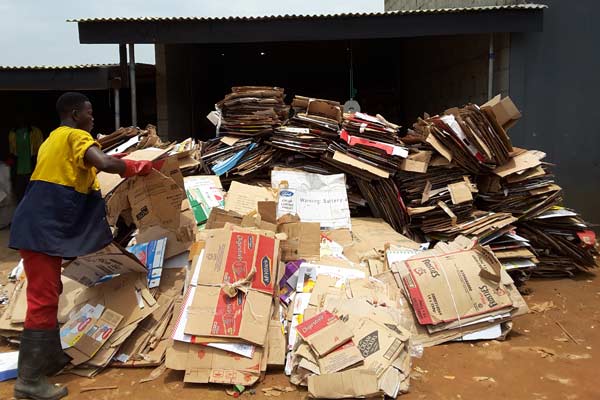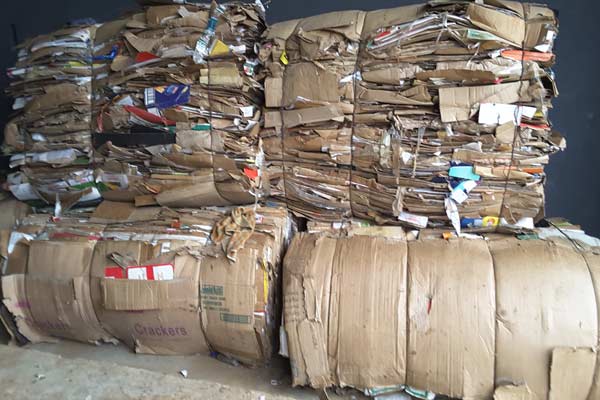What is Recycling ?
Recycling is the process of converting waste materials into reusable objects to prevent waste of potentially useful materials, reduce the consumption of fresh raw materials, energy usage, air pollution (from incineration) and water pollution (from landfilling) by decreasing the need for “conventional” waste disposal and lowering greenhouse gas emissions compared to plastic production.
Recycling is a key component of modern waste reduction and is the third component of the “Reduce, Reuse and Recycle” waste hierarchy.
Recyclable materials include many kinds of glass, paper, metal, plastic, tires, textiles and electronics. The composting or other reuse of biodegradable waste—such as food or garden waste—is also considered recycling.

